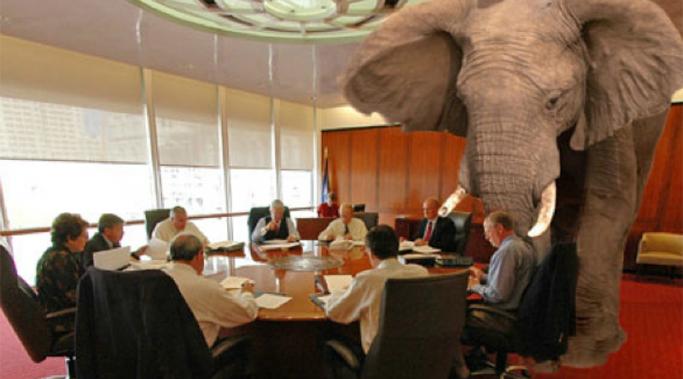Resilience is a gradual learning process. It can be useful in both personal and work situations. These are only recommendations on building resilience, there are many more. Test a few out and try the ones that work for you.
Work and Bipolar or Depression
One of the traits for success in business is resiliency. Resilience is the ability to adapt and rebound when plans or schedules don't go as they should. Part of resiliency is being able to quickly analyze a situation. If a mistake has been made, learn from it and move on. No need to dwell on the situation for a long period.
A leading psychologist has researched resilience and found there are three factors that are necessary to have resilience:
It is that time of the season. Many individuals and families are putting their vacation plans together. For some, a vacation consists of running around at full speed with major anxiety and stress. Others may prefer to try a new activity, such as zip-line or scuba diving. Many with bipolar disorder and myself included, prefer the relaxed, slower than normal pace (warm climates help in the slowing down process). Doing the vacation thing with the least amount of anxiety or stress as possible with bipolar disorder does take a little advance planning (When Bipolar Ruins Your Vacation).
Anxiety can happen in a blink of an eye. Simply repeating the two words of “what if” to yourself can start the process of building anxiety. These are several points about self talk and their messages that I want to address.
Sometimes, those with bipolar disorder can wake up in the middle of the night, their heart is racing, sweating profusely, maybe feeling very dizzy and they're sure they are going to die. They might be shaking all over and don't understand why.
Productivity Habits for the Bipolar or Depressed Individual (Part 1)
Many people don't make the best use of their time. If possible, avoid meetings that you are a fly on the wall, having little input. Are the projects you are currently working on more important than this meeting? Can you get the minutes or highlights of the meeting? Most business meetings take twice as long to complete than what is required to get through the materials needed. If you are curious on how much a meeting costs, for every $10,000 of salary, each hour is worth typically $5.95; a salary of $50,000 is worth $29.75 times each person in the meeting. Six people with all the same salary of $50,000 makes each hour worth or costs the company $178.50 per hour. This only includes the meeting time; preparation, photocopying and power point presentations are additional.
People with bipolar or depression often slow productivity at work when the symptoms of depression increase. We are told the more you accomplish, the more the reward you will receive. Sometimes the reward is a financial gain, sometimes a job status gain and maybe both types of gain will occur. The more productive we are in a given set of time, whether it is a work day or an assignment, might lead to more free time or less overtime, giving us more time in our personal and family life. Let's try a few productivity habits for bipolar or depression (you don't have to try all of them at once, but utilizing multiple techniques may lead you to success more quickly).
There is a problem with “To Do” lists, that is listing tasks that are worthwhile and productive but not necessarily what needs to be done. When judging what needs to be done, there are likely to be external forces, such as deadlines set by a supervisor. Internal forces, which affect the tasks that you have set the deadline for personal reasons or deadlines. You are the judge of what are important deadlines and the time needed to accomplish a task. Checking off many items on the list doesn't help in getting the real job done but you may feel better about those actions.
Procrastination; call it delaying, stalling, postponing or just killing time. Gathering details is what I called it and procrastination resulted in this article. It was on my “To Do” list for days. There it remained until my discipline kicked in, and the writing began. Sort of, I had started two other articles, I could not finish until I worked on this particular one.
I was on the radio recently as a guest of Dr. Stan Frager on WGTK, and he asked about depression or bipolar disorder disclosure to an employer. Although many people think they are familiar with bipolar disorder these days due to the attention it has received in the media, by and large they have the wrong idea about it. Mental health stigma on the news and in the media show mental illness to be something it usually is not. So my answer to whether you should disclose bipolar disorder to your employer has to be...

